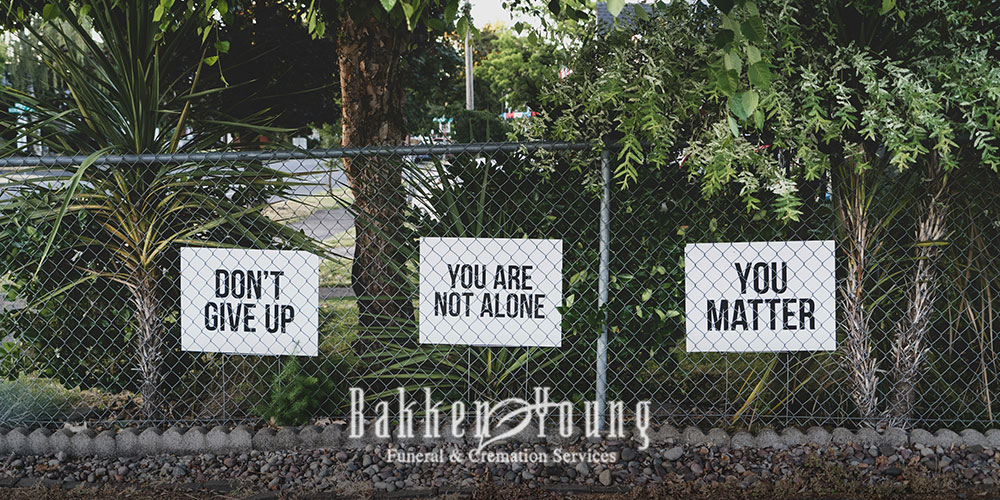Connecting with Others: The Importance of Support Networks in Grief
Grief is a deeply personal experience, and navigating through it can often feel isolating. After losing a loved one, the emotional weight can seem too much to bear alone. It is in these challenging times that connecting with others becomes not just important but essential. Building and leaning on a support network — made up of family, friends, and specialized support groups — can provide the strength, comfort, and understanding needed to help you through the grieving process.
The Role of Family and Friends
In the aftermath of a loss, family and friends are typically the first people we turn to. They offer comfort that only loved ones can — a listening ear, shared memories, and a connection to the person who has passed. However, even though friends and family are often the most immediate support system, it’s important to remember that not everyone may know how to help. Grief can take many forms, and people may be unsure how to offer support in a meaningful way.
This is where open communication comes in. Let your loved ones know what you need. Whether it’s a comforting presence, someone to help with practical tasks, or simply space to grieve, expressing your needs can help you get the support that resonates with you. Sometimes, people are hesitant to reach out because they don’t want to intrude, but the truth is that most people want to help. The more you share your needs, the more they can show up for you.
The Power of Support Groups
While family and friends provide crucial emotional support, there can be times when the grief feels too overwhelming, and the people closest to you may not fully understand your experience. This is where grief support groups can play an invaluable role. These groups offer a space where you can connect with others who are going through similar experiences.
Support groups are critical because they create an environment where individuals can share their stories without fear of judgment. Sometimes, just knowing that others are feeling the same way can alleviate the isolation that often accompanies grief. The group setting can also offer diverse perspectives on how to cope with loss and provide insight into coping strategies that you might not have considered.
At our funeral home, we offer free grief support groups to help people process their loss in a safe and supportive environment. These groups are led by our trained facilitator who understands the complexities of grief and can guide discussions that foster healing. Through group interactions, you can discover new ways to express your grief, share coping mechanisms, and find a sense of community.
Building Your Network
Building your support network doesn’t just mean turning to others when you’re struggling. It also involves actively engaging with people who can support you through your grief journey. Start by reaching out to those closest to you, but also consider joining a grief support group or seeking professional counseling. Many funeral homes, like ours, offer grief support services at no cost. These services are designed to help you move through the stages of grief and begin to heal at your own pace.
Remember that everyone’s grief journey is unique. There’s no timeline or one-size-fits-all approach to healing. Your support network will help you through each phase, and you can lean on them as much or as little as you need.
Find Your People of Reliance
Grief can feel like an insurmountable mountain, but having a network of people who understand and care about you can help lighten the load. Family, friends, and support groups are key pillars in the grieving process, providing the love and encouragement necessary for healing. If you’re struggling, don’t hesitate to seek out those who can help, whether it’s through a support group, professional counseling, or reaching out to a trusted friend. In grief, you don’t have to walk alone — let your support network guide you.


Add Comment